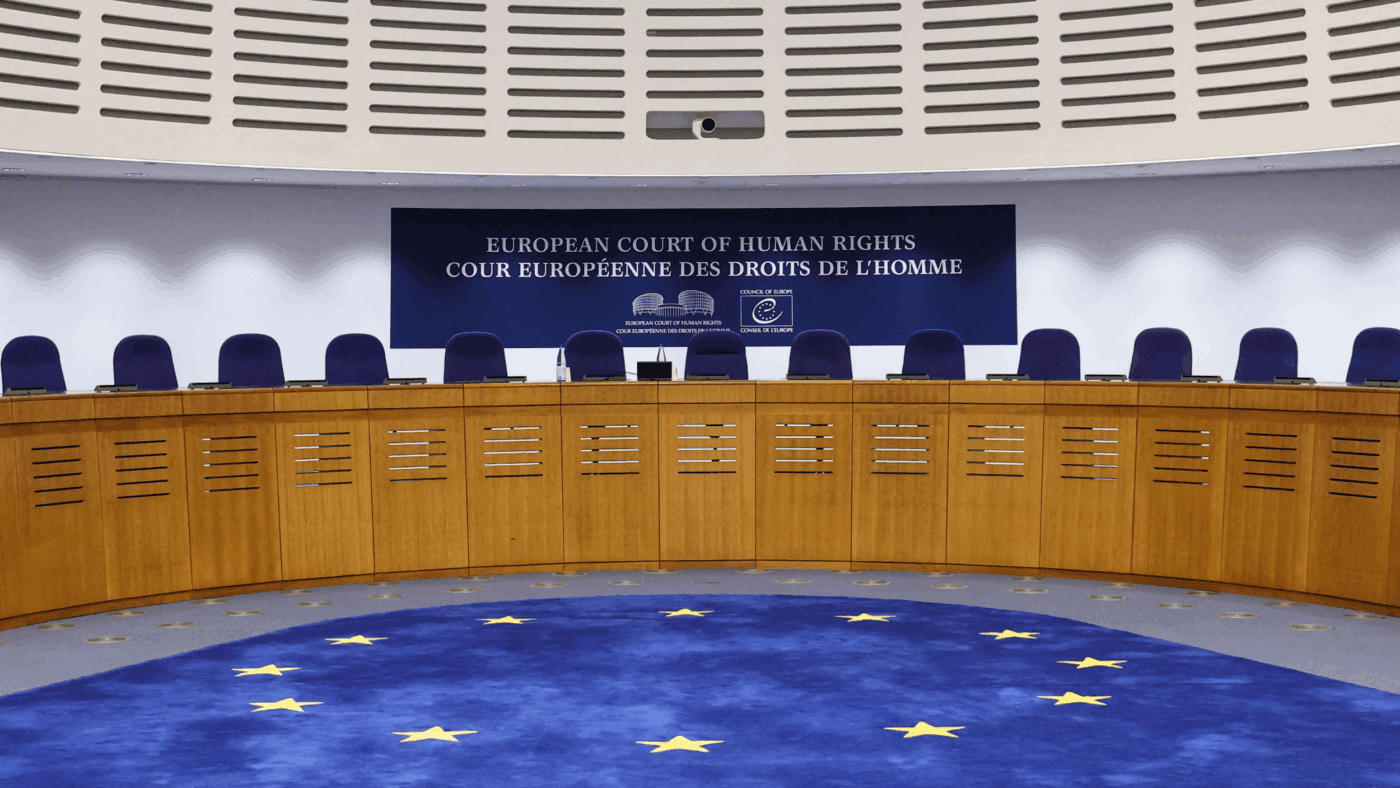24 July 2025

Photo: FREDERICK FLORIN/AFP via Getty Images
Photo: FREDERICK FLORIN/AFP via Getty Images
We must leave the European Convention on Human Rights (ECHR) – that is mine and Suella Braverman’s conclusion, in a new paper we have co-authored for the Prosperity Institute.
Britain was one of the founding nations of the ECHR. Back in the 1950s, in the aftermath of the horrors of the Second World War, and with the dangers of Soviet totalitarianism looming large, it was seen as a bulwark against human rights abuses.
However, over time our relationship with the ECHR and the way the Convention is applied has changed. Ever since the 1960s, individuals have had the right to go to the court in Strasbourg. But too often this has meant the continental-style law of the ECHR being imposed over our own common law. In addition, the invention of the ‘living instrument’ doctrine has seen judges reinterpret the text of the Convention in ways never originally intended.
This was compounded by the disastrous decision of the government under Tony Blair to put the Convention rights into our own law, through the Human Rights Act 1998 (HRA). This meant that people did not need to go to Strasbourg for human rights challenges, but could get redress domestically. The result of these changes has been a massive expansion of human rights law, which has shifted power away from Parliament and towards unelected foreign judges.
The most visible sign of this is the small boats crisis in the English channel, where the ECHR and the HRA play a key role in preventing the stemming of flows of illegal immigrants. That has led directly to the huge cost of the asylum hotels and increased risk to the public, demonstrated by regular stories of small boat migrants being convicted of sexual attacks.
Of course, some people have suggested reforming the Convention. The Conservative Party engaged in over a decade of efforts to do so, but even with the best possible conditions, such as leadership of the Council of Europe, they failed to achieve meaningful change.
Another argument against leaving is the complexity of doing so. But, in fact, it is relatively straightforward to leave. There is a wider issue of dealing with the way the Convention rights have influenced our laws over the last several decades. However, a process of legal review, to see what case law should be retained, could deal with this.
The biggest concern is the way the Convention is referenced in the Belfast Agreement. Nobody wants anything but peace in Northern Ireland. However, the Agreement has already been modified five times. There is nothing to stop it being modified again. In this we need to focus on the spirit of the Agreement. The way in which it worked has been badly impacted by the Northern Ireland Protocol and the Windsor Framework, which have effectively created a different legal system in Northern Ireland.
This is clearly unsustainable. Indeed, some have argued that it already constitutes a breach of the Belfast Agreement. Therefore, to maintain the unity of the Union and to uphold the spirit of the Agreement, we need to amend it in order to take account of these political changes. We provide a detailed plan for how this could be achieved.
Rather than seeing this as a retreat from human rights, we should see it as a restoration of democratic accountability and of national sovereignty. British law has long protected our rights, and indeed there is a strong argument that our liberties have come under greater threat during the period in which the ECHR was in operation than before. We need to rediscover these liberties, which are protected by a sovereign parliament, who are accountable to us. This will be a long but necessary process, which will rebuild the culture of liberty on which so much of our prosperity has been built.
– the best pieces from CapX and across the web.
CapX depends on the generosity of its readers. If you value what we do, please consider making a donation.
Columns are the author’s own opinion and do not necessarily reflect the views of CapX.











